Usually, you obtain between 800 and 1,500 calories per day when you follow a low-calorie diet. A very low-calorie diet may be a solution for certain persons looking for quick weight loss. Commercially produced formulated with 800 calories or fewer that replace all of your regular meals make up a large portion of very-low-calorie diets. Numerous servings of the same low-calorie food or items are the foundation of other diets, such as the well-known grapefruit diet. Very low-calorie diets are different from the one- or two-meal-a-day meal replacements that you buy over the counter. Also, sometimes people use to replace their meals with very low calorie diet shakes.
Its side effects!
While following an extremely low-calorie diet for 4 to 16 weeks, people sometimes experience mild side effects such as fatigue, constipation, nausea, and diarrhea. People are rarely prevented from finishing the program by these problems, which often go better within a few weeks. Gallstones are the most frequent significant adverse impact of extremely low-calorie diets. During rapid weight loss, gallstones are more frequent. Fat is broken down by the body to provide energy when there is a calorie deficit. Once more cholesterol is secreted by the liver, it can mix with bile to produce gallstones. Besides these, you need a variety of foods from various dietary groups in order to stay healthy.
When fasting and eating very low calorie diet for prolonged periods, the body may start using the protein in lean body tissue as fuel. On an extremely low-calorie diet, it might be challenging to feel satiated and acquire appropriate nourishment. Additionally, if you consume the same things every day, eating as low as 800 calories a day might not provide you with the energy you need for everyday activities and routine exercise. To ensure you get the nutrients you require while on an extremely low-calorie diet, speak with your doctor or nutritionist.
Very low calorie diet for obesity
Adults who need to lose weight quickly and who are suffering from obesity (classified as having a BMI over 30 and 40) should follow a very low-calorie diet. They should not be regularly used to manage obesity because they are not the best solution. Diets with very few calories should only be used for a maximum of 12 weeks while being closely monitored by a doctor. If your doctor hasn’t recommended it, don’t follow a very low-calorie diet.
Low calorie diet for weight loss
Reducing calorie intake can be one of the most difficult dietary modifications to make. You might feel hungry and undernourished in between meals if you eat a lot of low-calorie foods. The good news is that there are many calorie- and nutrient-efficient foods available. Here are some surprising very low calorie diet foods that are also filling.
- Oats
- Greek yogurt
- Berries
- Soup
- Eggs
- Popcorn
- Chia seeds
- Fish
- Lean meat, etc.
Very low-calorie diet plan
Some low-calorie diets cap the number of calories consumed each day to 1,200 or 1,500. A person must ensure that their meals are nutritionally balanced while selecting a low-calorie diet plan to lose weight. There are many different meal plans to choose from online. To ensure that the meals contain essential elements, such as vitamins, minerals, and fibre, a person should preferably adopt a diet that has been created by a nutritionist.
Trending low-calorie diet recipes
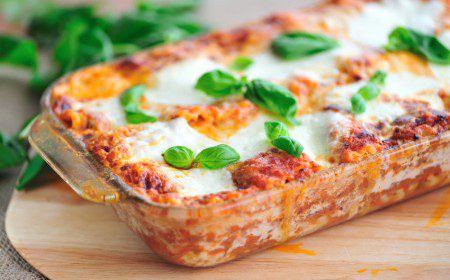 If you are trying to lose weight, it might be difficult to locate delicious, healthy meals. That’s why we put together this fantastic collection of extremely Low Calorie Diet Recipes for you. All of these very low-calorie, family-friendly meals taste fantastic while being light and healthy.
If you are trying to lose weight, it might be difficult to locate delicious, healthy meals. That’s why we put together this fantastic collection of extremely Low Calorie Diet Recipes for you. All of these very low-calorie, family-friendly meals taste fantastic while being light and healthy.
Cook your way through them all; several will undoubtedly end up in your regular rotation.
- Albondigas Soup
- Low Calorie Lasagna
- Shrimp Saganaki
- Squash and pepper risotto, etc.
Low calorie diets options
Adopting a varied, nutritious diet is the greatest strategy to guarantee that you obtain a variety of vitamins and minerals and that you get them in the right amounts. This includes placing a focus on dairy products, whole grains, beans and legumes, low-fat protein, fruits and vegetables, and whole grains.
While looking for low-calorie foods, certain minerals like iron, calcium, and magnesium are frequently required. Similar to that, you should also be on the lookout for vitamins like B-2, B-5, vitamin C, and vitamin k. Fresh fruits and vegetables can be always considered the best very low calorie diets. Besides these you can go for:
- Healthy beans on toast
- Miso tofu soup
- Balsamic lentils with pork fillet
- Healthy vegan quinoa and black bean chili
- Stuffed butternut squash with feta, etc.
Results may differ from person to person
Very low-calorie diets are those with a daily caloric intake of under 800. To obtain adequate levels of necessary nutrients without exceeding the permitted calorie intake, these diets typically call for ingesting just meal replacement shakes and bars.
According to an article in the “Journal of the American Dietetic Association,” due to the risks involved, only individuals with a body mass index, or BMI, over 32, who are not pregnant, do not have cancer, kidney disease, liver disease, severe psychological problems, or active cardiac dysfunction are good candidates for very-low-calorie diets.

- Risks: Heart arrhythmia, stroke, and brain hemorrhage are more severe possible effects. These diets increase the risk of birth abnormalities in the offspring of pregnant women. You might also have hyponatremia, or low blood sodium, which can lead to lethargy, confusion, coma, and even death if you eat too much liquid and not enough protein. If these diets aren’t carefully designed, they can potentially result in nutrient deficits.
- Body Composition: Obese individuals who follow very low-calorie diets can lose 3 to 5 pounds per week on average, which is a quick weight loss. However, a sizable portion of the weight loss in the early stages is water weight, and the muscle loss that occurs later on accounts for at least 30% of the total weight reduction. As so many people struggle to keep the weight off, when they do eventually gain it back, they frequently have larger body fat percentages and less muscle. Their chances of gaining weight and developing health issues increase as a result.
- It Might Reduce Your Metabolism: Your metabolism may slow down if you consistently consume fewer calories than what your body requires. According to several studies, low-calorie diets can result in a 23 percent reduction in the number of calories the body burns.
- It may result in exhaustion and nutrient deficiencies: Regularly consuming fewer calories than your body needs might make you feel fatigued and make it harder for you to get all the nutrients you need each day. For instance, diets that restrict calories can not contain enough iron, folate, or vitamin B12. Extreme weariness and anemia may result from this.
- It might lower fertility: Extreme calorie restriction can have a negative impact on fertility. This is particularly true for females because hormone levels are a factor in ovulation. More specifically, for ovulation to occur, levels of luteinizing hormone (LH) and estrogen must rise.
- It may cause bone deterioration: Bone deterioration can result from eating too few calories. This is due to the fact that calorie restriction can lower levels of estrogen and testosterone. These two reproductive hormones are thought to weaken bones by increasing bone breakdown and decreasing bone growth when levels are low.
- It Might Reduce Your Immunity: Limiting calories may raise your risk of being sick and infected. This holds true for viruses like the common cold, and it seems to be particularly true when accompanied by intense physical activity.
Conclusion
Everyone aspires to be physically fit. When we are at a healthy weight and our bodies are operating at their best, we not only feel better, age more gracefully, and reduce our risk of developing a number of diseases. We also look better. Our cardiovascular health benefits from weight loss of even only 5 to 10 percent.
The healthiest and best approach to losing weight is not by restricting calories, but by increasing your metabolism, which you can do by avoiding processed meals, seasoning your food, engaging in HIIT, lifting weights, and practicing resistance training, among other things. There are simple things you can do to increase your metabolism, including moving around more. If you do want to reduce your calorie intake, never reduce it by more than 10%.


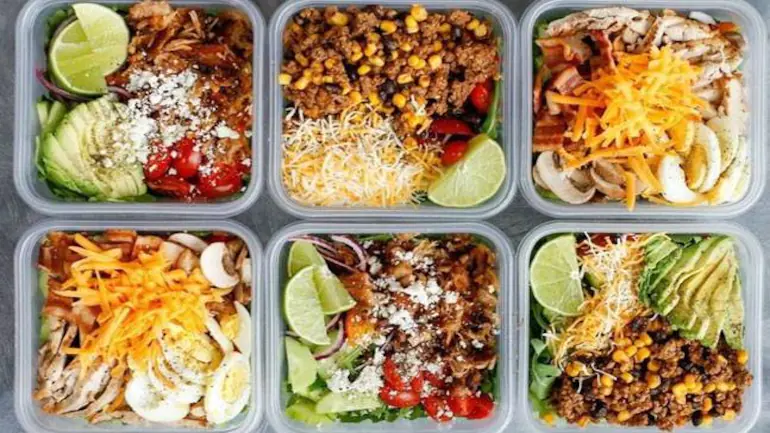
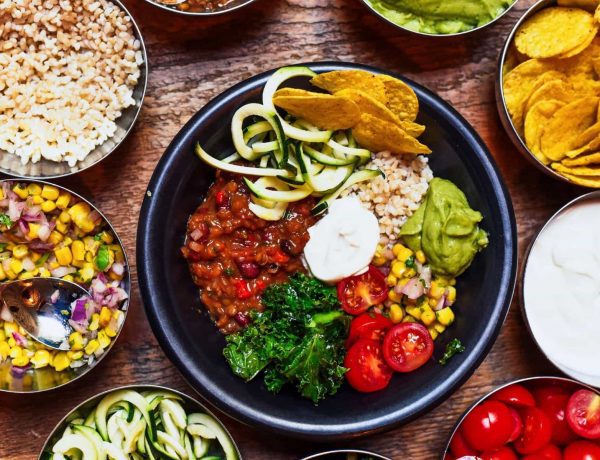

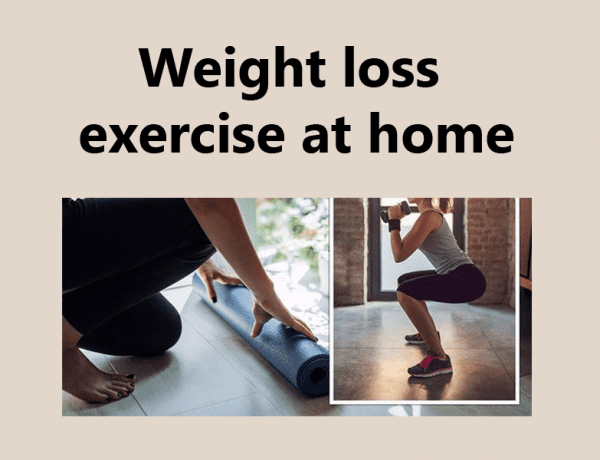


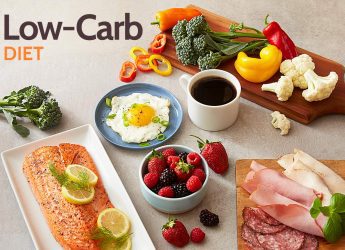

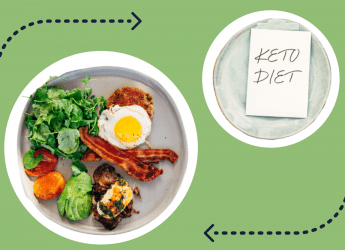
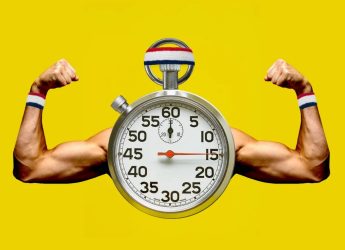



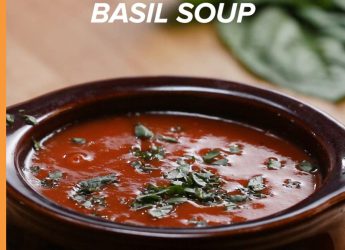
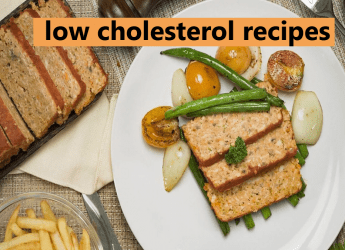
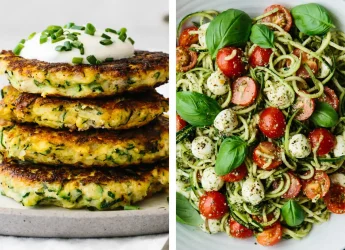

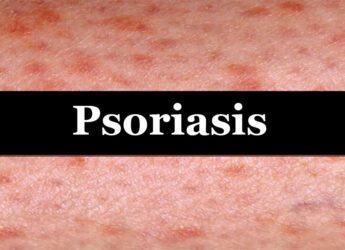





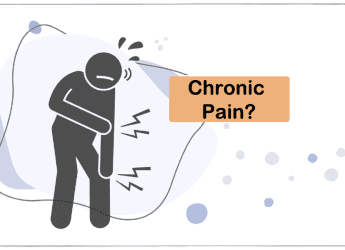

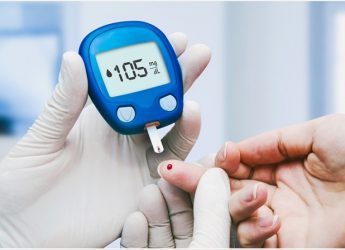

No Comments